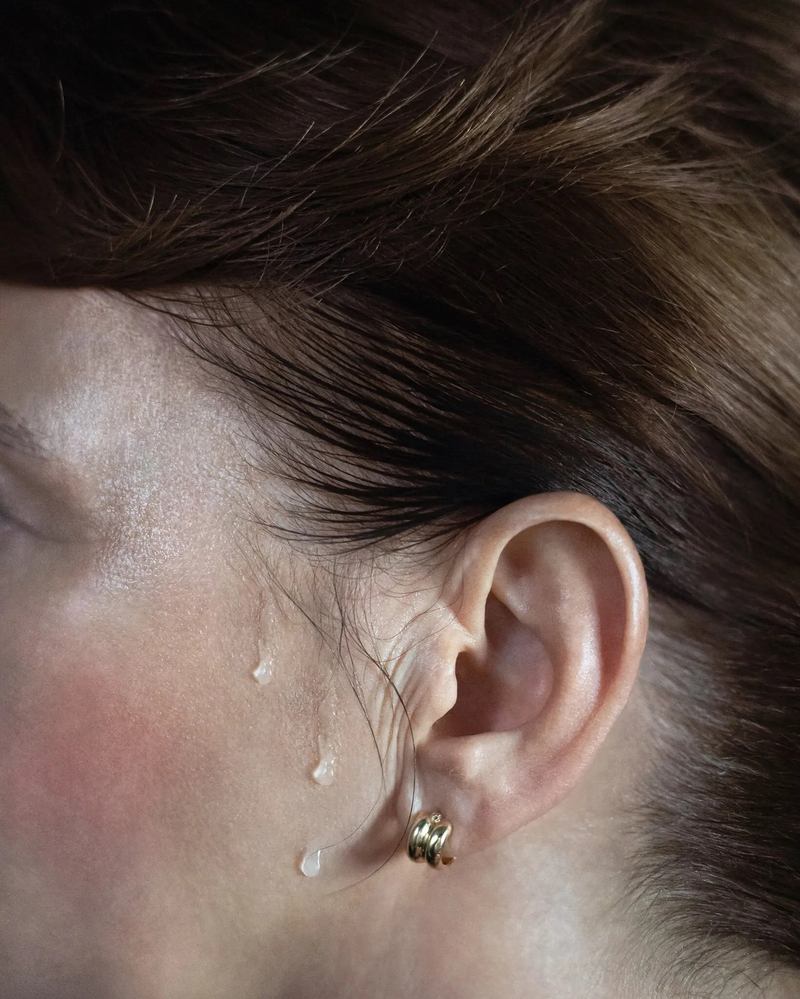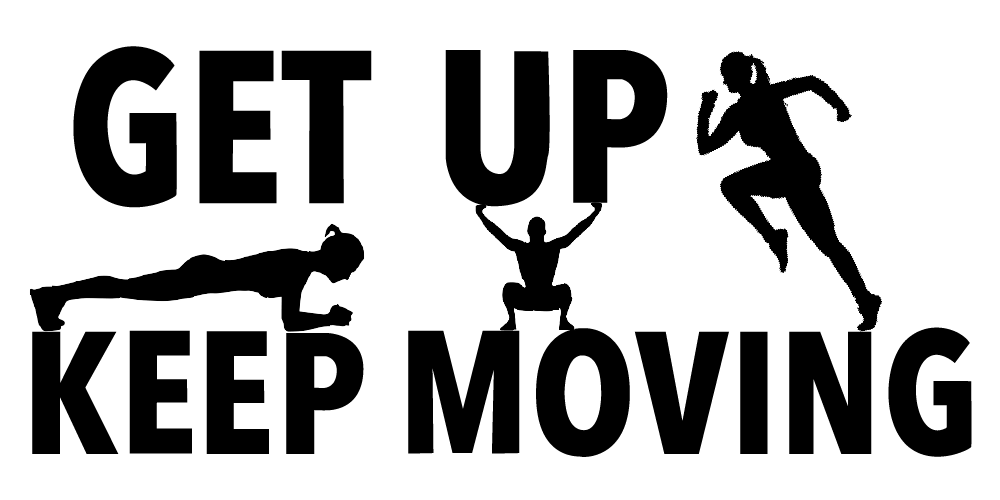Hello friends~
FINALLY.
The silence is over, and the stigma has been lifted. Women are talking about menopause, and we’re being empowered with information and support.
Celebrities are talking Drew Barrymore is sweating in an interview with Jennifer Aniston,and Oprah talks about heart palpitations and sleeplessness.
FINALLY.
Medical research is addressing the effects of menopausal hormonal changes, and media is covering it. Here’s the New York Times article, Women Have Been Misled About Menopause. Listen on NPR’s All Of It.

About 85% of women experience symptoms through menopause. The most common symptom is hot flashes, and loss of muscle, fat gain, depression, loss of sleep, brain fog, vaginal dryness, and pain in sex, can all have catastrophic impacts on daily life.
Many symptoms can be relieved with nutrition and exercise, some supplements are helpful, and thankfully hormone therapy can be the solution for many women.
When I was going through perimenopause I had no idea what was happening – weight gain, fibroids, tachycardia (heart palpitations), sleeplessness, hot flashes, anxiety, irritability, brain fog. I attributed it to impending divorce, the stress of taking care of an elderly dad, 6 kids, and financial concerns. Yeah all that was happening at the same time with perimenopause. Periods were either a flood, or skipped. I’m incredibly fortunate to have a gyno who gets me, who delivered 4 of my 6 kids, prescribed the Nuvaring which alleviated irregular periods and settled me down a bit.
When I hit my early 50s it was about time for menopause, so I was advised to stop birth control. My period abruptly stopped, and tidal wave of symptoms came crashing in. My doctor prescribed hormone therapy (estradiol gel and progesterone capsules), and it saved me. Literally. But this is not to suggest that hormone therapy is best for you.
HT can relieve vasomotor symptoms ie. hot flashes, but symptoms can be addressed with nutrition, exercise, and some supplements. Talk to your doctor about your options. A lot has changed in 20 years.
A limited study in 2002, and negative publicity resulted in fear of HT. The trial was inadequately designed, evaluated, and reported. The damage done was huge, basically leaving many symptomatic women without an effective treatment, even if the epidemiological data were not strong enough to document a clear harm to women’s health.
I’m 69 now (very close to 70), way past menopause, and I still had continual bed soaking hot flashes until recently. I thought I’d just have to accept it – until I mentioned it to my doctor about 6 months ago. My doctor adjusted the dosage of my HT, and the night sweats ended.
You can stay current with the science in The Journal of The North American Menopause Society, and news outlets. Your symptoms (or lack of them) are yours. I feel confident that my doctor and I have made the best decision for me.
You’ve got a support system. I’m delighted to have found Feisty Menopause. an incredible group of athletes, coaches, and health professionals dedicated to helping women live their best lives. The Hit Play Not Pause podcast, and the FB group provide expert information and community. Level Up membership is a place to connect with experts in real time, offering evidence-based solutions. You’ll meet like-minded women – and be part of a team to help you create a plan for your best life. I’ve learned so much in these virtual meetings, talking with experts, and sharing with other women.
As we go through this journey together, let’s speak the same language.
- Diet is whatever you eat and drink. Are you eating the rainbow, and getting enough protein, carbs, and fat to support your activities – your brain and body? Lots of fiber to maintain a healthy microbiome? That’s your diet. Nutrition should not be conflated with “a diet”.
- Weight loss is a f-ed up concept. Body weight is made up of fat, organs, muscle, and bone. The number on the scale is a metric, a piece of information about what’s going on in your body. Unless you are losing weight inexplicably due to illness or an eating disorder, stop the weigh in ritual. Be aware of how you feel and function. Eat a variety of good foods. Challenge your body with movement. Sleep. Drink enough water.
- Mental health is where it all comes together. Mental health is inextricably connected to physical health. For a healthy brain, do high intensity exercise, train strength, stay hydrated, get enough rest, and of course eat diet rich in nutrients, especially enough fiber for your microbiome.
What I know for sure. Nutrition and exercise, in that order, and strength training in particular are key to staying strong mentally and physically and healthy through menopause and beyond.
What you eat will affect your body and your brain.
-
- Eat good food, all the colors, mostly plants.
- Get 25-30g of protein in every meal, or spread 90g throughout the day.
- Gut bacteria is critical for every function in your body, and the mind-body connection. That’s fiber.
- Get strong: lift heavy, move your body a lot.
I’d love to know your experiences. We’re all in it together!
Onward~
Polli




